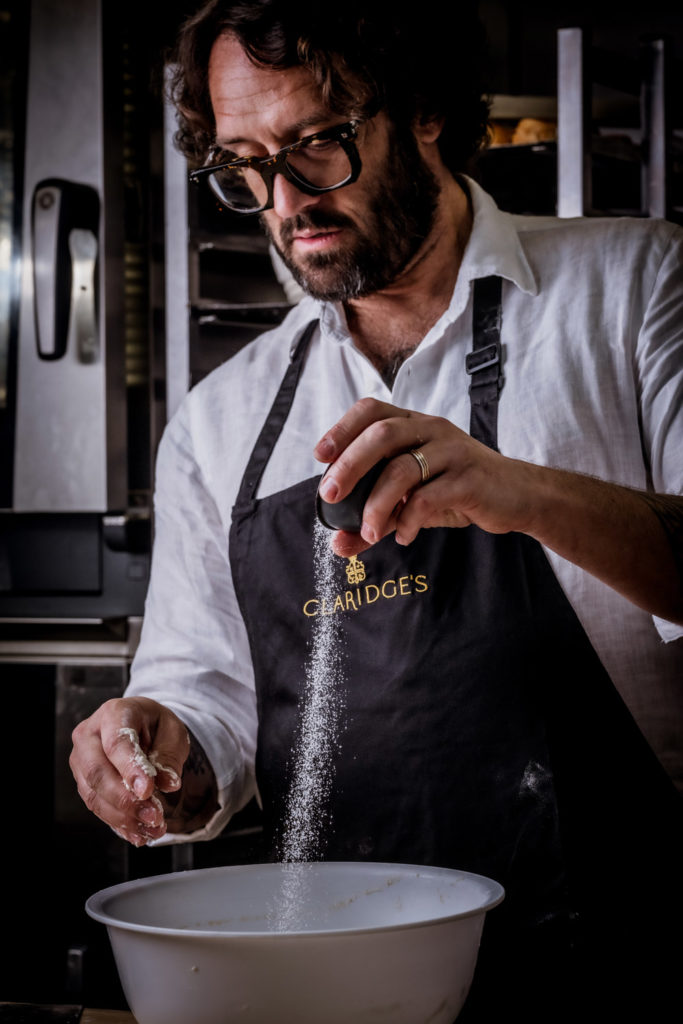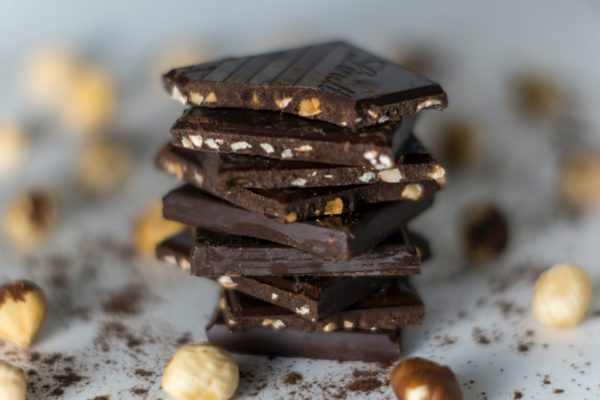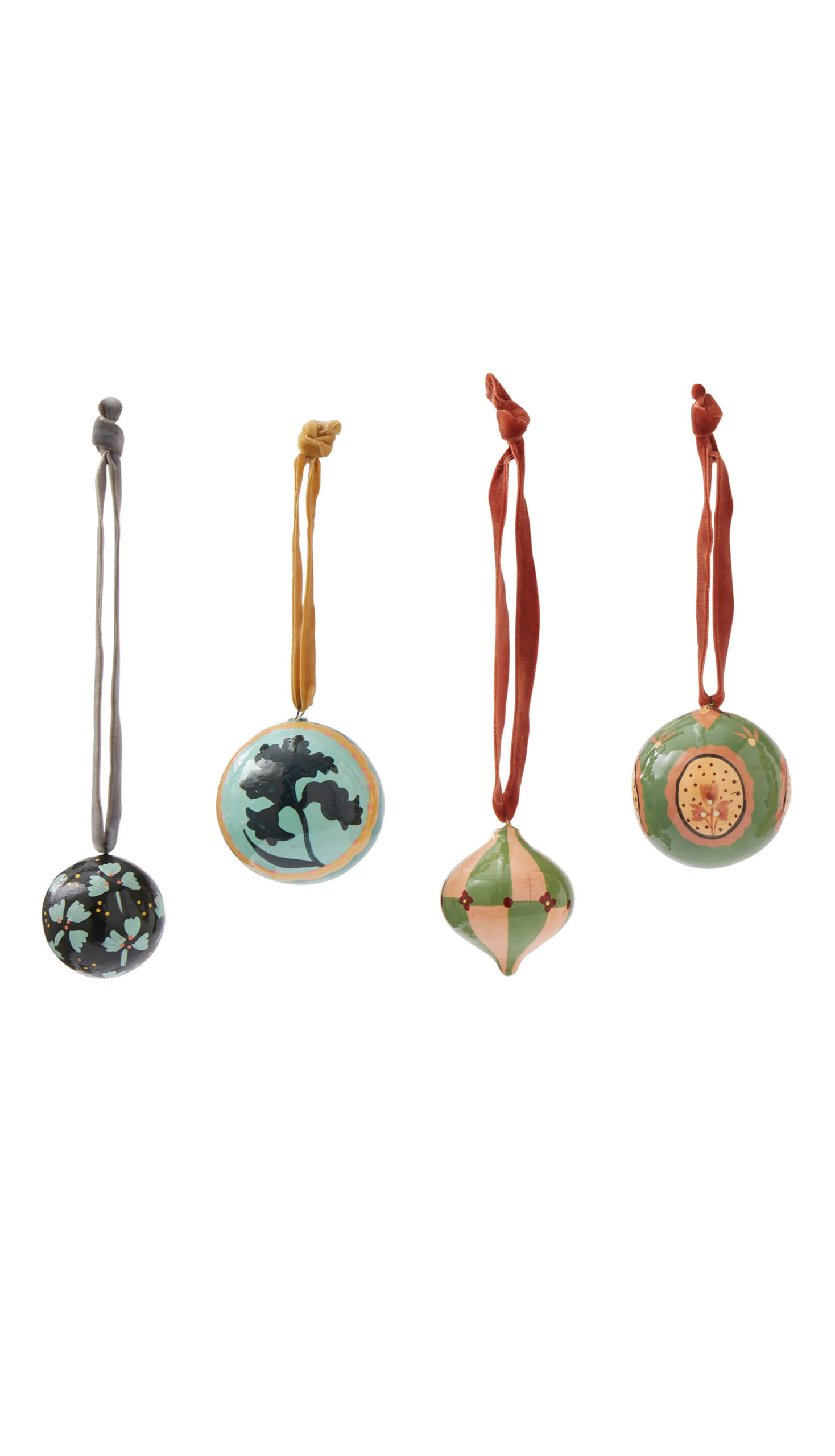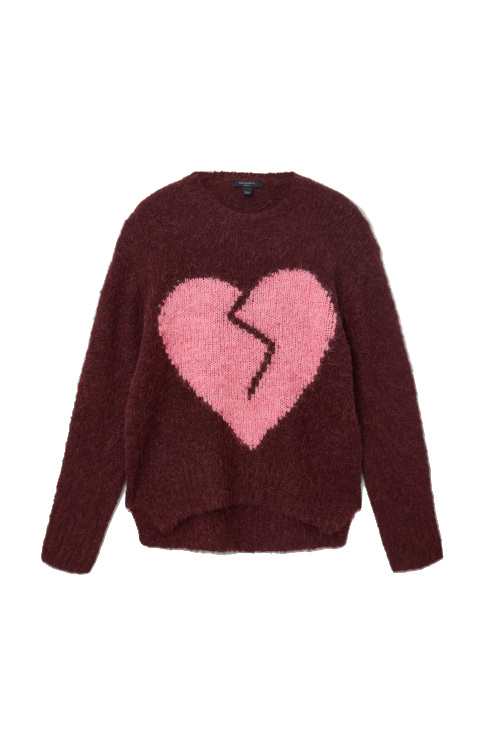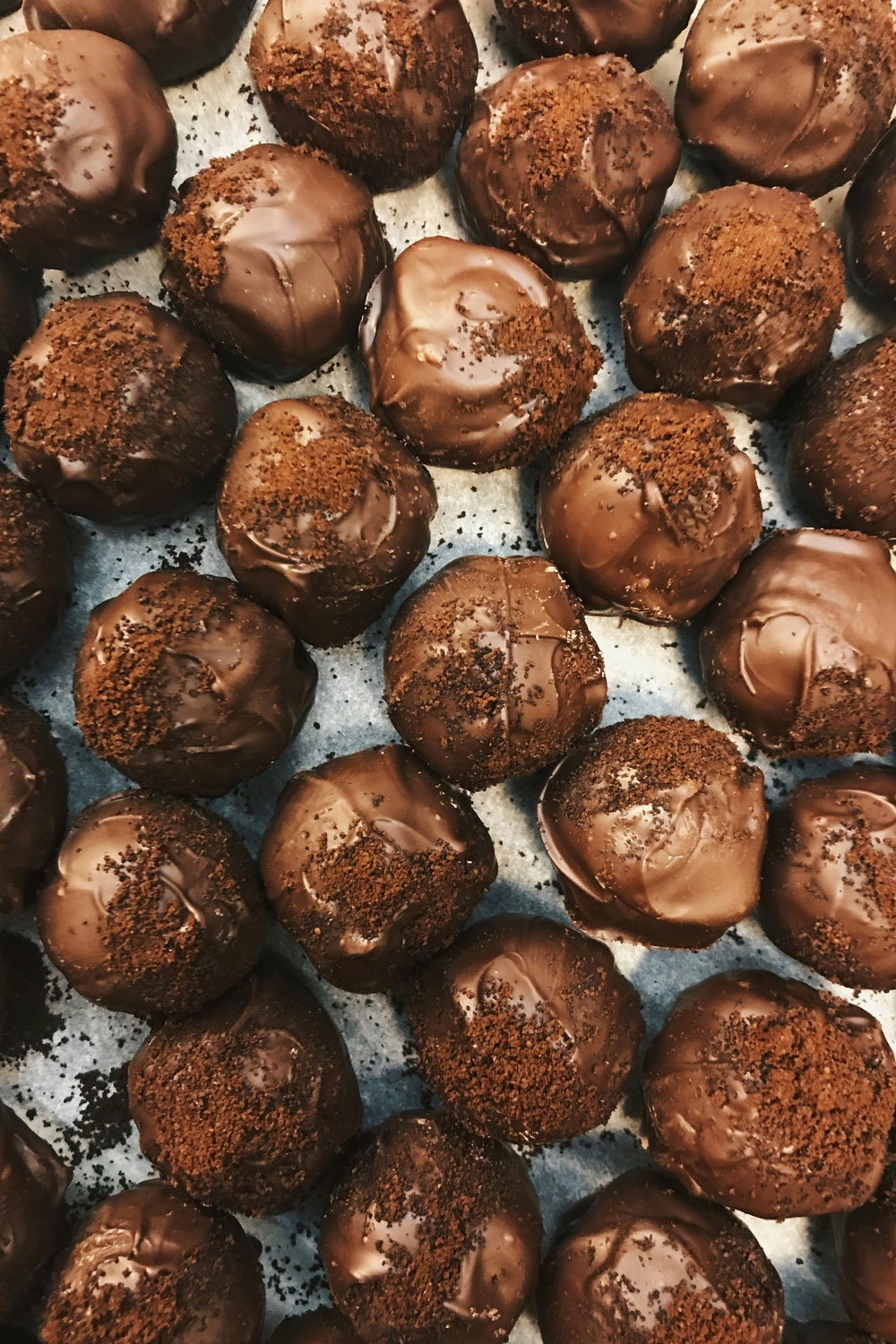
Swiss Scientists Invent Greener, Healthier Chocolate
By
1 year ago
Could this new production method take off?
Switzerland has long been a pioneer in the chocolate industry. Back in the 19th century one of its scientists invented the chocolate bar, and another developed the conching machine, which made it possible to melt chocolate for the first time. And now, Swiss food technicians have made another big breakthrough, developing a new, low-waste way to make chocolate.
How Are Swiss Scientists Revolutionizing Chocolate?
Traditionally, producers have made chocolate using just the cocoa beans, and disposing of the rest of the fruit. However, food scientists at Zurich’s Federal Institute of Technology, helmed by Kim Mishra, have discovered a way to make chocolate using the entire fruit. Rather than leaving the fruit – which is large and nutritious – to rot in the fields, the team have been experimenting with using the cocoa fruit pulp, the juice and the husk.
The juice is distilled into a syrup, combined with the pulp, then mixed with the husk to form a sweet cocoa gel. This method is a more environmentally-friendly method, as it reduces waste, and requires less land and water. But it also creates healthier chocolate, as there is no sugar involved – the juice brings a sweetness of its own.

Unsplash
According to the BBC, the new chocolate has a ‘rich, dark but sweet flavour, with a hint of cocoa bitterness that would fit perfectly with an after dinner coffee.’ However, the price is a concern, as cocoa pulp and juice cost more than sugar. ‘The cocoa fruit is basically a pumpkin and right now we’re just using the seeds,’ said Mishra. ‘But there’s a lot of other marvellous stuff in that fruit.’
Some producers are already using elements of the method in their production, including Lindt, although none have completely cut out sugar just yet. ‘We have to find daring chocolate producers who want to test the market and are willing to contribute to a more sustainable chocolate,’ says Mishra. ‘Then we can disrupt the system.’


